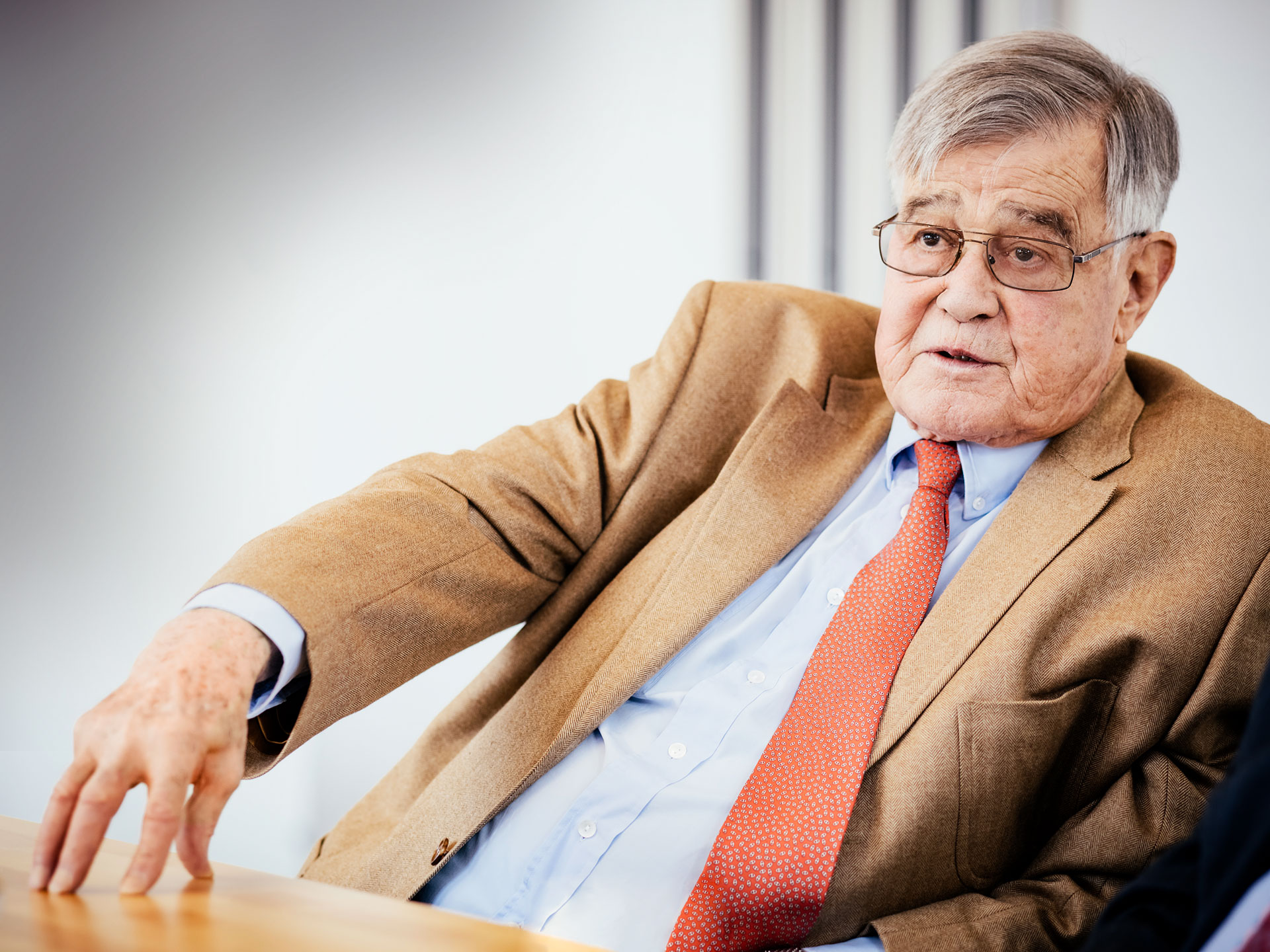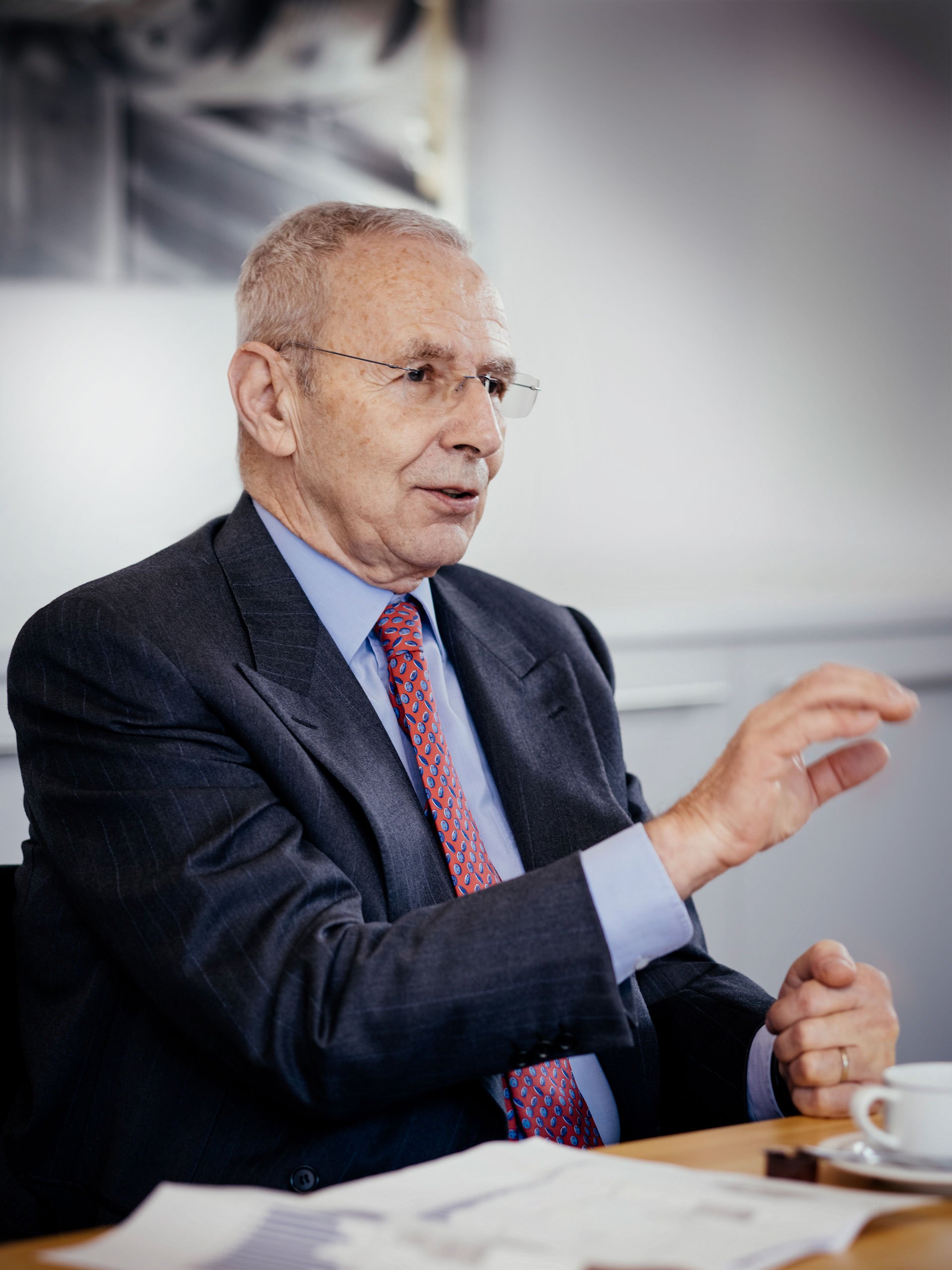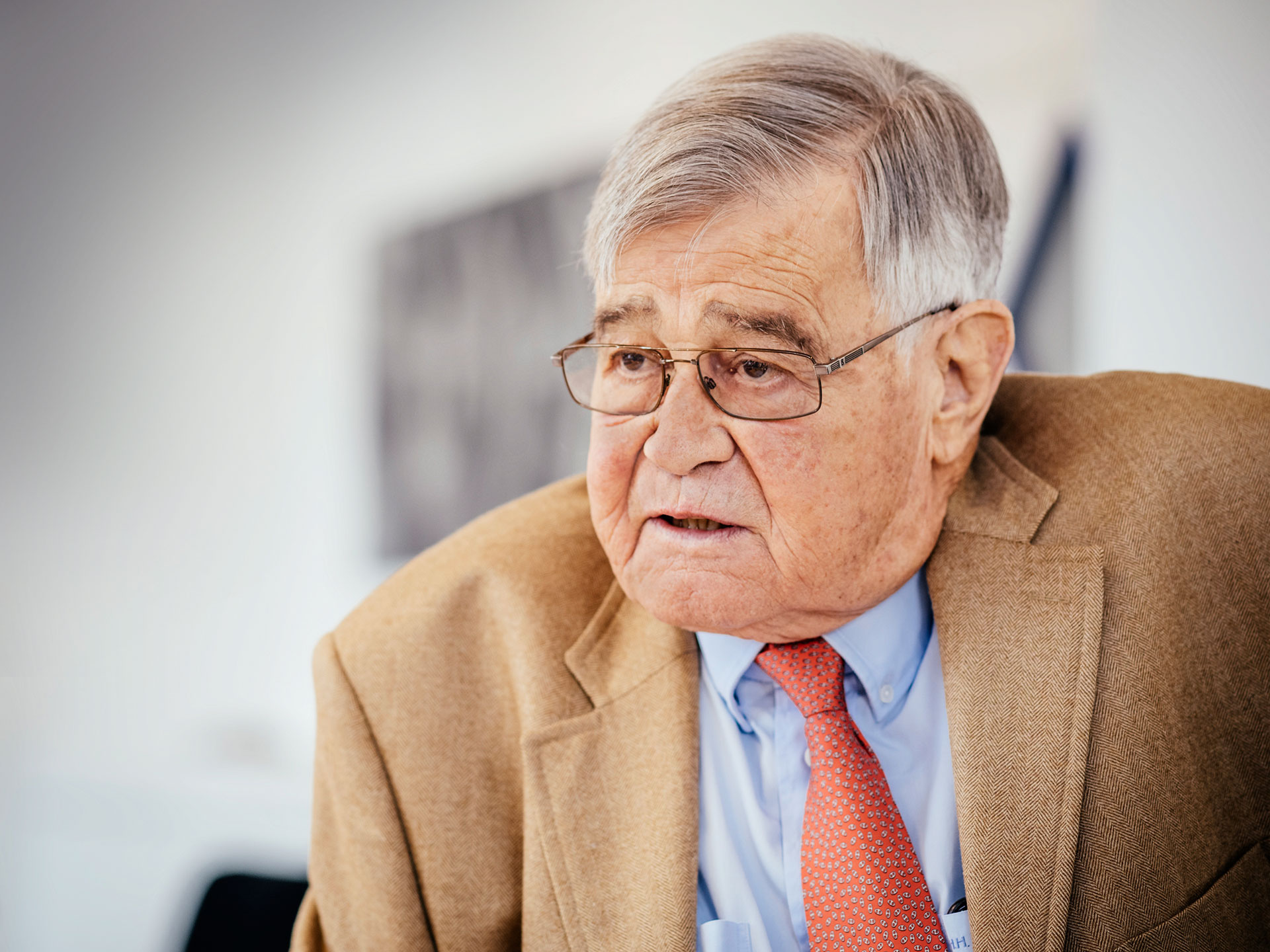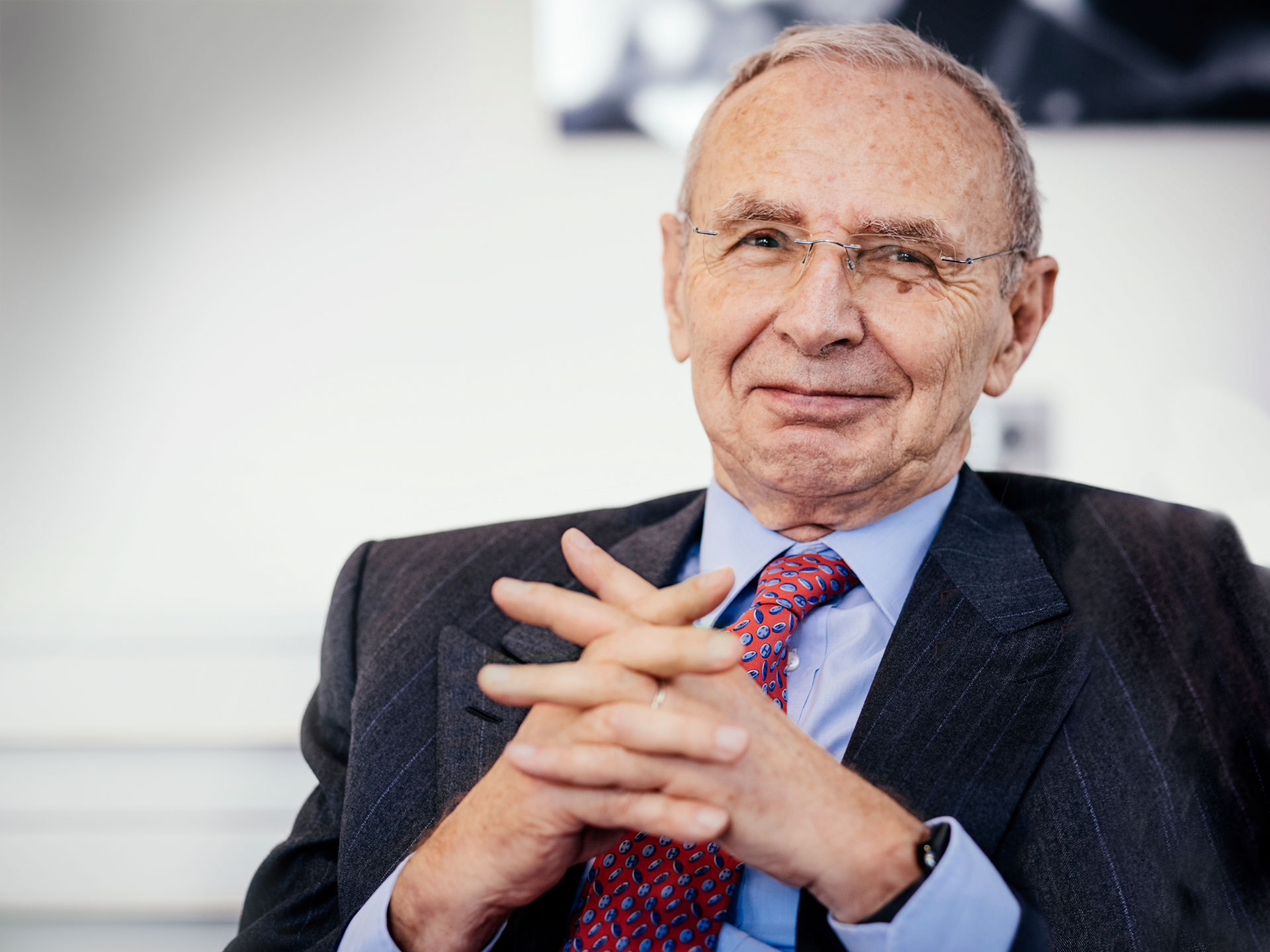However, this changed very much in the following years.
B. Heller: Not immediately, but we soon directed our development efforts towards series machines. With the PF series, an entirely new kind of travelling column machine, we partly achieved this goal. The BEA 1 was the first real series machine we launched into the market. We sold more than 100 machines of that type per year. Despite this, transferlines were still the number one revenue contributors.
H. Heller: The development of the BEA 1 coincided with the customers’ demands for increased flexibility. At the time, we made the first steps towards increasing the flexibility of the transferlines by using standardised interfaces and then also began offering flexible manufacturing lines consisting of linked machining centres.
Would you say that the development of machining centres was also part of your efforts to reduce the company’s dependency on the automotive industry?
H. Heller: Of course. However, this point is often misinterpreted. We have very good relationships with our customers from the automotive industry and it was not about cutting our ties with the ‘overly powerful’ car industry. Rather, our goal was to become more independent of the investment cycles in these sectors and to expand our customer base.
Was this the period when HELLER developed the uniPro CNC control?
B. Heller: Not only did we have the CNC, but also our own in-house developed programmable logic controller (PLC) and drives. The uniPro control ranked among the top controls of the time as far as performance was concerned. At the same time, we were able to adapt the control algorithms to our machine concept, making the machine and the control work in perfect harmony.
Despite this, the development of the uniPro control was discontinued.
B. Heller: It was only logical. Our customers wanted to focus on as few control suppliers as possible and, at the same time, internationalisation of our business made the use of controls known throughout the world inevitable.
So there were no technical reasons for abandoning in-house development of controls.
B. Heller: By no means. Until today, I would say that the uniPro control ranked among the top CNC controls available at the time as far as performance is concerned. This can also be seen from the fact that Siemens was keen to integrate some of our features and software developments into their own CNC.
You mentioned internationalisation. Was this development also pushed ahead by your customers?
H. Heller: Yes, absolutely. Let’s take Brazil, for example: many German automotive manufacturers had established production facilities in the country and encouraged their suppliers to do the same. Among other factors were the import duties on machine tools of more than 30 percent. The crucial factor for us, however, was service quality and having a local presence. Another example is the UK: at the time, the automotive industry in the country was strong. So we decided to establish an efficient service location there as a first step and then to also build production facilities going forward.
It’s a known fact that the machine tool sector relies on qualified professionals. Probably these were not so easy to come by in Brazil. Where did you find skilled staff?
H. Heller: At the beginning, we mainly looked for people of German origin, also to help with the language barrier. We provided them with in-depth training here in Nürtingen before they returned to Brazil to provide training for other staff. Today, we have a highly skilled team of staff there doing an excellent job.
B. Heller: Although we should not forget to mention that we had an interesting constellation in Brazil in the early years with three sales and assembly companies – namely HELLER, Index and Pfauter – sharing the mechanical manufacturing facilities. None of us would have been able to afford such a well-equipped manufacturing plant. Unfortunately, it was disbanded in the further course, but we used the mechanical manufacturing as a nucleus for our plant in Brazil which we expanded later. At its peak, up to 120 machines were produced there every year.
A volume that is probably far from today’s production numbers …
B. Heller: … not necessarily. Currently, the production volume should be at around 100 centres.








